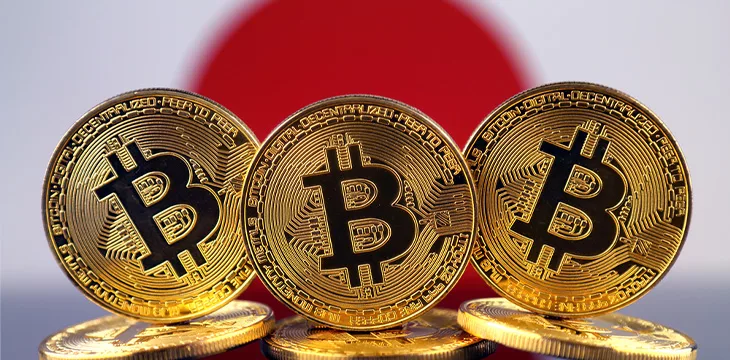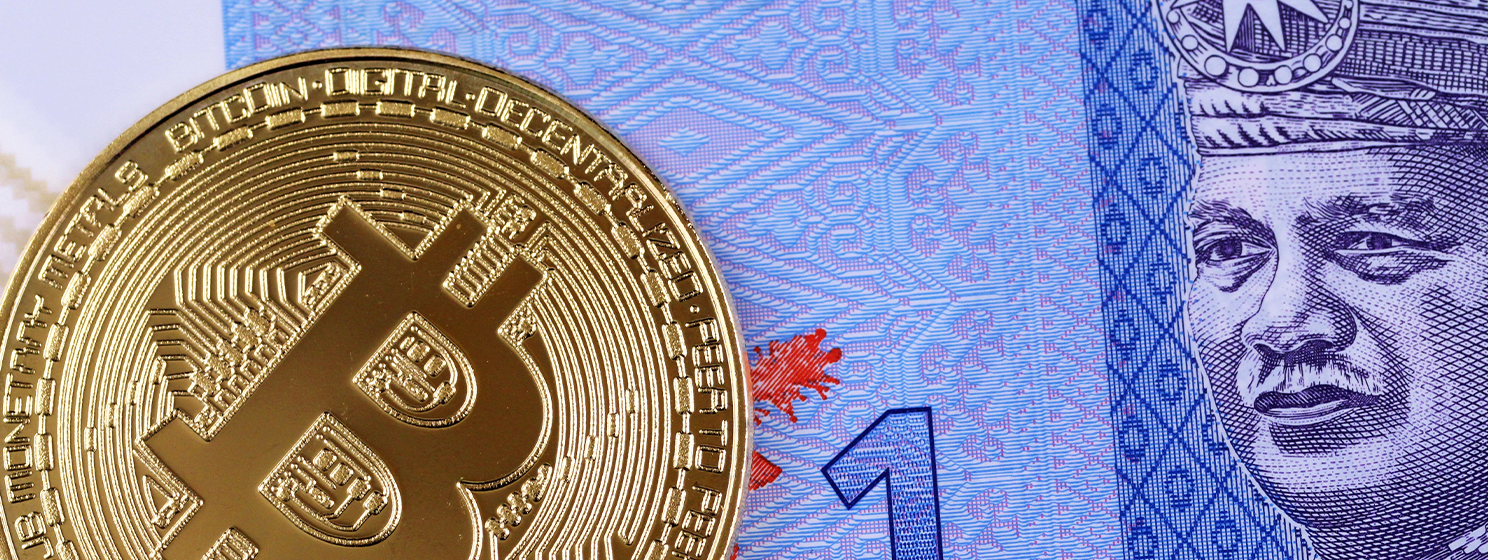|
Getting your Trinity Audio player ready...
|
In a bid to promote the use of digital financial instruments, the Tokyo Metropolitan Government has updated its subsidy program for businesses issuing securities using blockchain technology. The subsidy aims to show how ledger technology like blockchain allows issuers and investors to connect directly and will enable businesses to issue securities in smaller amounts.
The subsidy program itself has existed since 2020. However, the municipal government will increase the maximum support amount from JPY 3 million (US$19,000) to JPY 5 million ($31,500) or more and extend the program to include years up to and including fiscal 2026 (in Japan, April 2026-January 2027).
“The Tokyo Metropolitan Government will continue to strengthen its efforts this fiscal year to expand the market by creating a variety of digital securities issuance cases and widely sharing know-how and issues,” it said.
The subsidy covers expenses related to (a) platform usage, (b) hiring talent, and (c) building the system itself. For existing businesses, the subsidy is half the expenses, and for startups, it’s two-thirds. The digital securities projects should not already exist at the time of application since the grant is intended to help with development and setup costs.
Tokyo has also identified two “priority areas” that could see the subsidy’s upper limit to JPY 7.5 million ($48,077). They are those that provide new investment opportunities to individuals and create innovation or “solve social issues” and “make full use of digital technology if applicable to the priority areas.”
It noted that projects can make applications at any time, but if the government reaches its budget limit for the project (unspecified), then applications will be closed. A screening committee will assess applications every 1-2 months. Successful applicants are warned not to announce their grants to others until the Tokyo Government itself has made that information public.
Specific applications will be judged on a “case by case” basis as to whether they meet the committee’s criteria or not. However, the Tokyo Government’s FAQ page states they could include corporate bond issuers, beneficiary certificates for trust funds, and others.
Japan: The ‘center of Web3’?
The Tokyo Government’s plan reflects the national government’s drive to promote Japan as “the center of web3.” So far, this has included support for creating digital securities issuing/trading platforms and blockchain-based stablecoins. There have also been tax breaks for developers of decentralized autonomous organizations (DAOs) and decentralized digital identity systems.
Though the term “Web3” doesn’t have a precise definition, it’s generally accepted to mean a theoretical future internet with features like decentralization, token-based economics, interoperable systems, and existing on a trustless/permissionless platform.
Blockchain networks and their digital assets are considered an example of Web3 technology, though the definition could include other distributed ledger-type technologies.
Another advantage of Web3, particularly utilizing blockchain, is user-based ownership and control of data. The current iteration of the internet (often called “Web 2.0”) emphasizes user-created information. However, that data is usually stored in large and centralized server farms, meaning that the companies that own those facilities also have complete control over users’ data. The idea of Web3 is to remove data ownership/control from large single entities and return it to the users who create the data in the first place.
Whether that vision can become a reality or whether the Japanese government’s support for Web3 can succeed at setting an example for the world is still unknown. There’s plenty of user demand for such a network, but the dominant technological players in the corporate world (primarily based in Silicon Valley) won’t give up their grip on power and control so easily.
Watch: SEC’s criteria for blockchain? Credibility & track record

 02-22-2026
02-22-2026 




